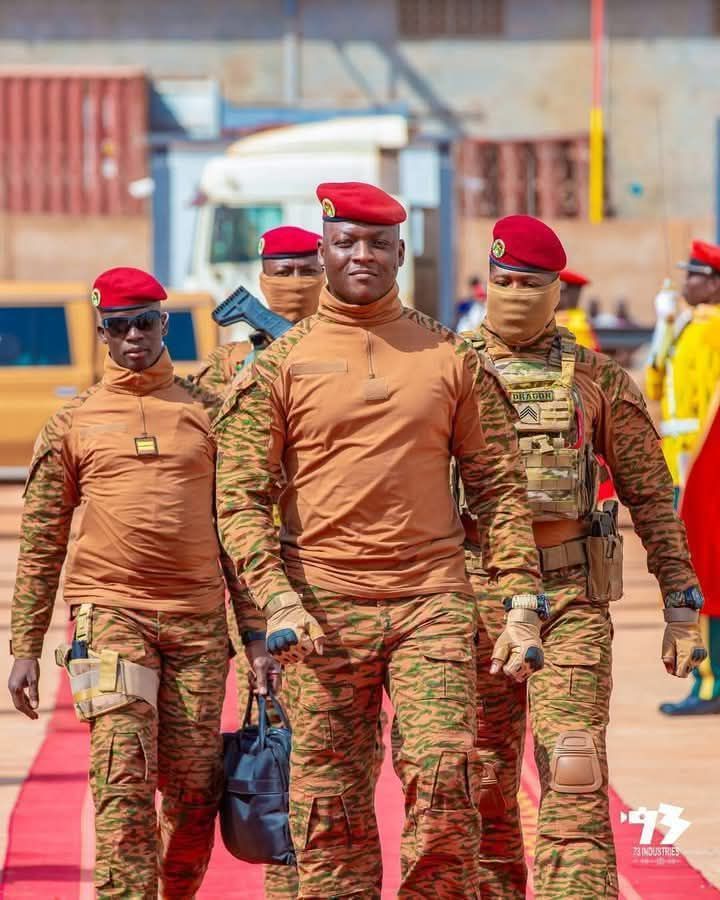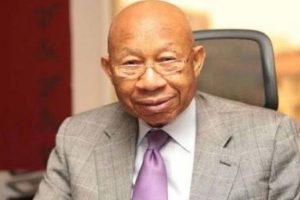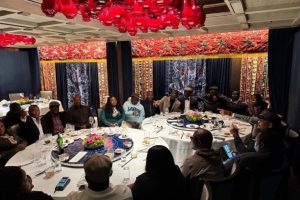
Burkina Faso’s transitional president, Captain Ibrahim Traoré, has openly questioned the value of democracy in driving national development, asserting that no nation has achieved true progress solely through democratic governance.
Speaking during a recent flag-hoisting ceremony at the historic Koulouba Palace, Traoré emphasized that Burkina Faso is charting its own course one rooted in revolutionary change rather than Western democratic ideals. He described democracy as ill-suited to the current political climate in the country, advocating instead for what he called a “popular and progressive revolution.”
“To be absolutely clear, we are not operating within a democracy,” Traoré declared. “We are in the midst of a revolutionary movement one that is necessary for real transformation. In such a context, concepts like democracy, or the unchecked freedom to act and express oneself, are irrelevant.”
He argued that the conventional understanding of democracy often leads to chaos when personal freedoms are exercised without restraint. “When everyone believes they can say and do as they please, what results is not liberty it is disorder,” he stated.
Challenging widely held assumptions, Traoré claimed that no country has achieved economic or social development because of democracy. Instead, he suggested that democracy tends to emerge after a nation has already laid the foundation for progress through other means. “Democracy is not the engine of development it is the outcome,” he said.
At just 37 years old, Captain Traoré assumed power in September 2022 following a military coup that ousted then-interim president Paul-Henri Sandaogo Damiba. Since taking control, Traoré has increasingly distanced his administration from Western democratic frameworks, favoring what he terms a “people-driven” approach tailored to the realities of Burkina Faso and the broader Sahel region.
His remarks are expected to further strain relations with international partners, many of whom have urged Burkina Faso and other Sahelian nations to return to constitutional order. Critics argue that the absence of democratic institutions could deepen instability, while supporters of Traoré’s vision believe a homegrown model of governance offers a more effective path forward.
Traoré’s comments come at a time when debates over governance models are intensifying across West Africa, where military-led governments are challenging traditional alliances and redefining state-building on their own terms.





